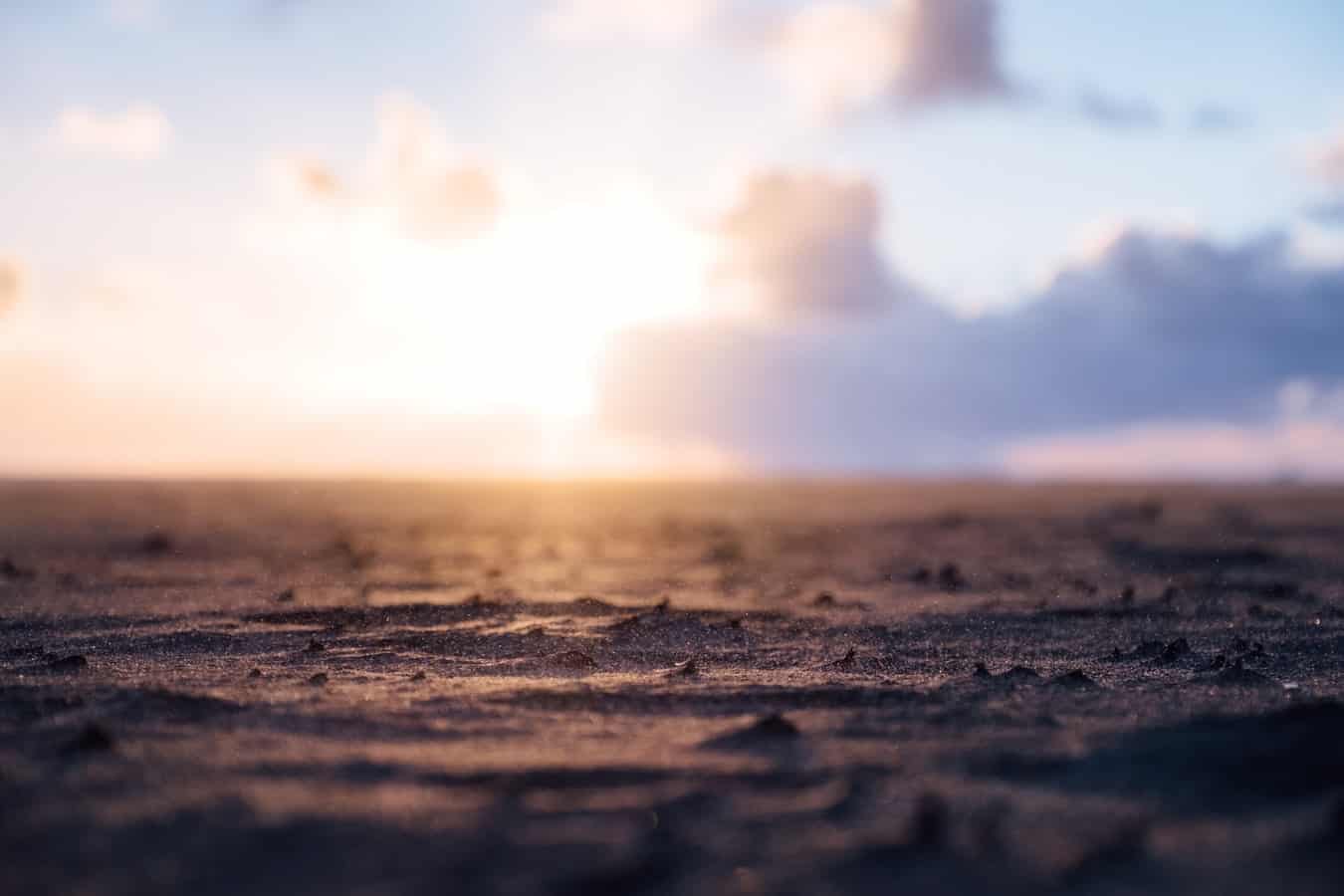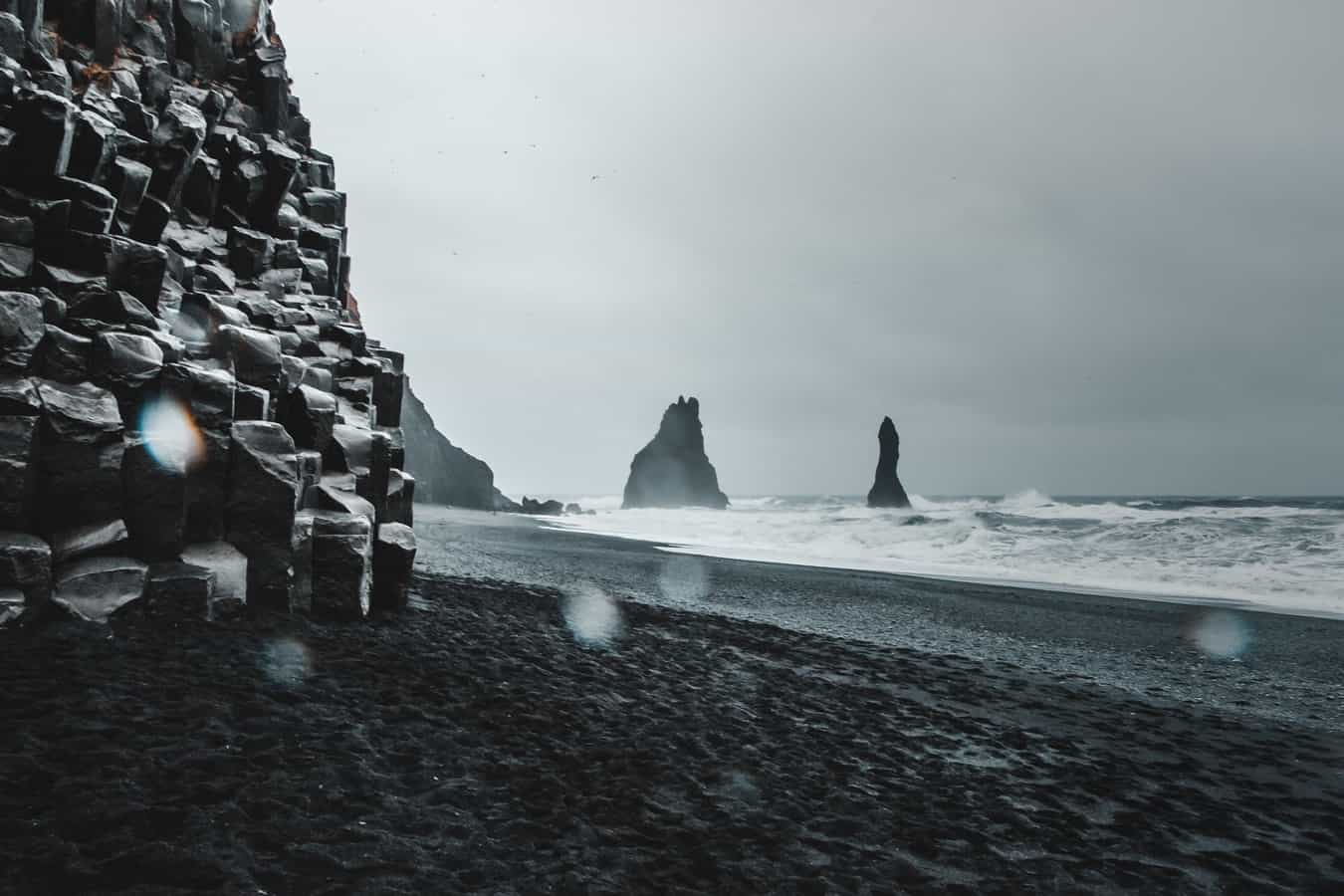There’s nothing worse than a rainstorm rolling in just before a weekend you’ve planned to surf. You’ve been looking forward to clear skies, sunny days and having catching some waves. You may say to your friends, “no worries, let’s go surfing anyway!” But wait, you’ve heard that you shouldn’t surf after it rains. Why is this? Is this advice an urban legend or legitimate? I decided to investigate.
Can you surf after it rains? No. It is generally considered unsafe to surf after it rains. If you surf or swim in the ocean after it rains, you are putting yourself at slightly higher risk of falling ill due to contaminated ocean water. To lower your chances of contracting these illnesses, it is best to wait 72 hours after a heavy rain before surfing or swimming in the ocean.
Let’s investigate why this is, the scientific proof behind it, the 72- hour rule, what illnesses you may be exposing yourself to by surfing after it rains, and how to best mitigate this risk.
Why Surfing After it Rains Makes you Sick
Researchers have found that if you go surfing in the ocean within 72-hours of a rainfall you have a 3% risk of contracting an illness from contaminated water.
Surfing after it rains makes you sick because the rain sweeps sewage, urban runoff, pollution, bacteria, pathogens and litter from the land into the ocean. Two quick FYIs: 1) urban runoff is rainwater that makes its way through urban areas and may become contaminated; it’s the gross water that runs in gutters down busy streets. 2) Pathogens are organisms (living things) that cause diseases and include among others, viruses, bacteria, fungi, and parasites.
When you swim in the ocean soon after a rainfall, you are swimming in this dirty water, possibly swallowing the water, and putting yourself at risk of becoming sick from the germs, bacteria and possible viruses in the water. According to the California Sea Grant based out of the University of California, San Diego, “This is especially true after a “first flush” storm, the first heavy rain of the season, when an accumulation of grit, grime and pathogens built up during the dry season are carried in runoff, storm drains and rivers to the beach, and perhaps your favorite surf spot.”
We know it can be temping to make the most of every spring weekend. It’s finally warming up and you’re itching to go surfing! But “first flush storms” usually happen in the spring, and they put you at an elevated risk. It’s important to exercise caution and be patient so that you are not exposed to contaminated waters.
It’s Scientifically Proven!
We’re not making this stuff up! We’re simply relaying to you what teams of researchers and doctors have concluded. Let’s take a look at some of their research.
One of the most thorough studies regarding water cleanliness after rainfall was conducted by The Surfrider Foundation in association with the University of California, Berkley School of Public Health; the Southern California Coastal Water Research Project, and Soller Environmental, LLC. This study was completed in 2016 and is titled “The Surfer Health Study, A Three-Year Study Examining Illness Rates Associated with Surfing During Wet Weather”. You can find the article here.
This study spent three years studying 654 surfers over 10,081 surf sessions… in other words, it was extremely thorough! The researchers measured surfers’ surf activity — date, location, times, and in what weather (in rain fall, soon after a rain fall, in dry weather, etc.) as well as the surfers’ associated “infectious symptoms — aka gastrointestinal illness, sinus infections, ear infections, or infected wounds”. The researchers also measured the water’s quality and presence of bacteria (including fecal bacteria (bacteria from poop… yuck!). The researchers found that surfers “exposure (to ocean water) during or shortly after rainstorms increased incidence rates of acute illness”. In other words, surfing after rainfall increases your chances of getting sick.
The study found, paraphrased from surfline.com by Dashel Pierson, that “on average, there is a 3% chance of contracting an illness if you go surfing during or within 72 hours after wet weather. In addition to gastrointestinal illness, the study explored other disorders including rashes and ear infections, finding that an increased 19 per 1,000 surfers (1.9%) were susceptible.”
The moral of the story? Let’s reiterate, scientists found conclusive proof from a three-year study that surfing after it rains increases your chance of falling sick.

The 72- Hour Rule
It is advised to wait 72 hours after it rains before going surfing. Why? The Surfrider Foundation found that illness rates were highest during rain and the first day after it rained, and “decreased with each day following rain, declining to near baseline levels after three days”… aka 72 hours.
Why does this happen? As time goes by after a rainfall, the water gets cleaner. How does this happen? The biggest reason why this happens is because of dilution. As time goes by, the harmful bacteria and pathogens get spread out and get swept out to sea.
Another big reason is that the sun actually kills bacteria. The more time that goes by, the more time the ultraviolet rays from the sun have a chance to zap and kill the bacteria.
One more reason that water gets cleaner as time goes by after a rainfall is that other tiny organisms in the ocean actually eat the harmful bacteria that is swept by the rain into the ocean. The more time goes by, the more bacteria is gobbled up by microscopic sea creatures. There are more reasons for the 72- hour rule, but these are the three main ones!
The Illnesses You May Contract if you Surf Within 72-hours of Rainfall
The Surfrider Foundation found that “across all weather conditions (whether it rained or not), ocean exposure in the past three days was associated with increased incidence of all outcomes except for upper respiratory illness”. These outcomes include: “earache/infection, infection of open wounds, and any infectious symptom” (virus, gastrointestinal issues, disease, etc.). In other words, they found that it was more likely to contract an illness if you go swimming after it rains than if you go during a dry period.
According to Chad Nelsen, the environmental director of the Surfrider Foundation, “The main illnesses you may contract may be “gastroenteritis, hepatitis, salmonellosis, shigellosis, and infection caused by E. coli (a type of enteric pathogen). Other microbial pathogens found at varying concentrations in recreational waters include amoeba and protozoa, which can cause giardiasis, amoebic dysentery, skin rashes, and pink eye.”
The most common illness contracted by surfers who went surfing within 72 hours of a rainfall is gastroenteritis. Gastroenteritis is caused by bacteria and is a catchall term for stomach issues including stomachaches, nausea or vomiting, diarrhea, and fevers.
If you think you may have contracted any of these illnesses (whether you were surfing or not), you should seek help from a medical professional.
How to Mitigate the Risk of Getting Sick Surfing After It Rains
It’s as simple as this: it is best to not surf within 72 hours of it raining! If it’s within 72 hours of a rainfall and you’re dying to get some surf practice, here are three popular cross-training ideas you can do instead:
- Go long boarding! Long boarding is great for surfers. Riding a long board builds excellent balance, strength, skills and techniques that transfer well to your surfboard.
- Practice standing up on your board while on land. Lay your board down on the ground, lie on top of your board, and imagine you’re catching a wave by simply going from laying down to standing up on your board! Practice the correct form and technique to build muscle memory and improve your surfing form.
- Develop your balance by spending some time on your balance board. If you don’t know what a balance board is, it’s a small board (like skateboard or surfboard) that you place (not connected) on top of a cylindrical object. To use the balance board, stand on top of the board and use your balance to keep both sides of the board from touching the ground. This skill will help improve your balance and improve your surfing ability! You can also make your own from everyday household objects.
If you feel that you absolutely must go surfing within 72 hours of a rainstorm, we recommend that you follow this advice:
- Find a surf spot at least 400 yards away from of a flowing storm drain. A flowing storm drain will empty urban runoff and contaminated water into the ocean. You want to stay as far away from this as possible to find cleaner water.
- Wear nose clips/nose plugs to keep the dirty water from going up your nose and filling your sinuses.
- Take an extra thorough shower immediately after getting out of the ocean.
- Lastly, this goes without saying… but avoid swallowing the water at all costs!
All in all, researchers have found that surfing in the ocean within 72-hours of a rainfall puts you at a 3% risk of contracting an illness from contaminated water. Be smart, take precaution, and weigh the benefits and risks of each activity. Have fun and be safe. Surf’s up!
Related Questions
Can I Make My Own Balance Board?
Yes, absolutely! To make your own balance board, first, find yourself a board. This can be an old skateboard, a plank of wood, or even an old cutting board! Make sure it is big enough for you to stand on with your feet spread at least hip-wide apart. Next, find a cylindrical object to place the board on to balance on. I suggest a thick PVC pipe, old rolling pin, or water bottle filled with ice. Then, simply place your board on top of the cylindrical item and get balancing!
Can I Surf During a Thunderstorm if It’s Not Raining?
You should avoid surfing during a thunderstorm. If there’s thunder, lightning is nearby. Surfing during a thunderstorm puts you at risk for being struck by lightning.
Can You Surf After It Snows?
You can surf after or during it snows but before the snow melts! Once the snow melts, the same health issues you face with surfing after it rains come into play. Timing is everything!


